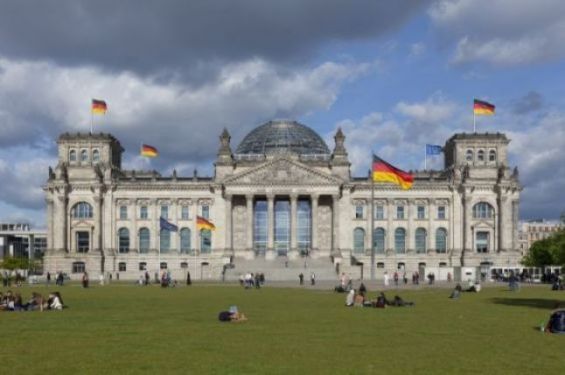Despite the current diplomatic crisis between Rabat and Berlin, the Foreign Affairs Committee of the German Parliament (Bundestag) rejected last week two motions that support the Polisario’s claims. All the parliamentary groups within said commission rejected the first motion tabled by the Die Linke (left) parliamentary group, except Die Linke themselves and the Greens, who abstained.
The motion evoked «applying international law to the Sahara occupied by Morocco», openly adopting the positions of Algeria and the Polisario and focusing on «the referendum» and, supposedly, a «deterioration of the human rights situation» in the province, well-informed sources told Yabiladi.
Likewise, the Foreign Affairs Committee rejected, on the same day, a second motion introduced by the Greens, which insisted on «the need to open a political path towards a lasting peace in the Sahara». This motion called on the German government to intensify its diplomatic efforts to consolidate the ceasefire, by involving its European partners, in particular France, as well as the African Union, and the United States.
Lobbying activities led by Algeria and the Polisario
The text, also rejected by the members of the Commission, mentioned the announcement made by the supporters of Brahim Ghali on withdrawing from the ceasefire agreement, on November 14, 2020, one day after the intervention of the Moroccan army in Guerguerate.
The Greens forgot to recall that the role of the African Union (AU) has been definitively limited to supporting the efforts of the UN Secretary-General for the relaunching of the political process, through a Troika, in accordance with Decision 693 made during the 31st AU Summit, held in 2018 in Nouakchott, Mauritania.
The way in which these two motions were tabled and voted by Die Linke and the Greens shows that they could be part of the same campaign led by pro-Polisario and pro-Algeria circles. The separatist movement has no other option but to rely on lobbying within parliaments in Europe, in particular Germany, to try to compensate for its failures with the UN in recent months.
By rejecting the two motions, the German Parliament confirms its attachment to international law, through supporting the Security Council in its goal of reaching a realistic, pragmatic and lasting political solution.
It is also a good sign of Berlin's willingness to turn the page on the recent crisis, well-informed sources confirmed, hinting at an upcoming change at the head of the German embassy in Rabat.
It is worth mentioning that on March 4, a day after Morocco's decision to freeze its links with the German representation, the spokesman for the German Foreign Ministry, Christopher Burger assured that «Germany has not changed its position on the status of Western Sahara, pending a process sponsored by the United Nations».





 chargement...
chargement...













